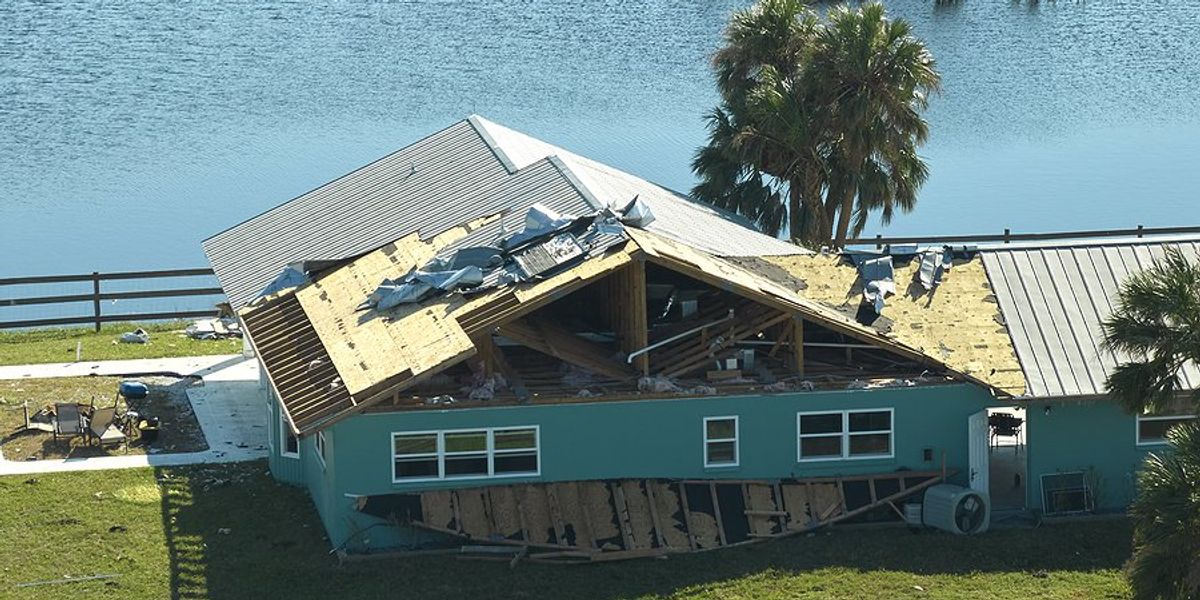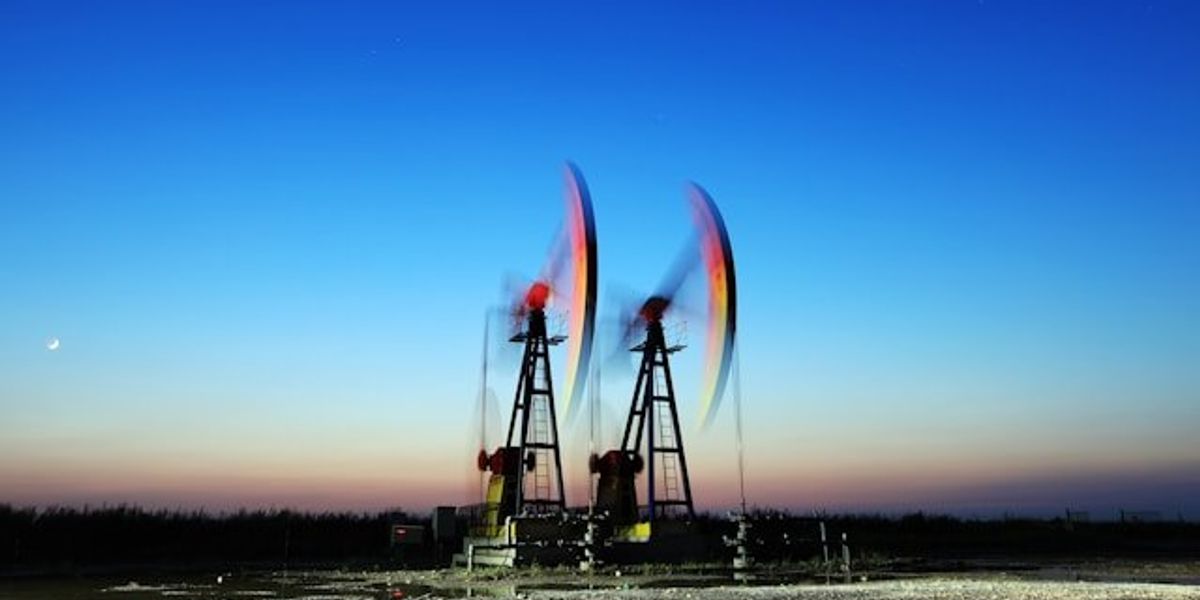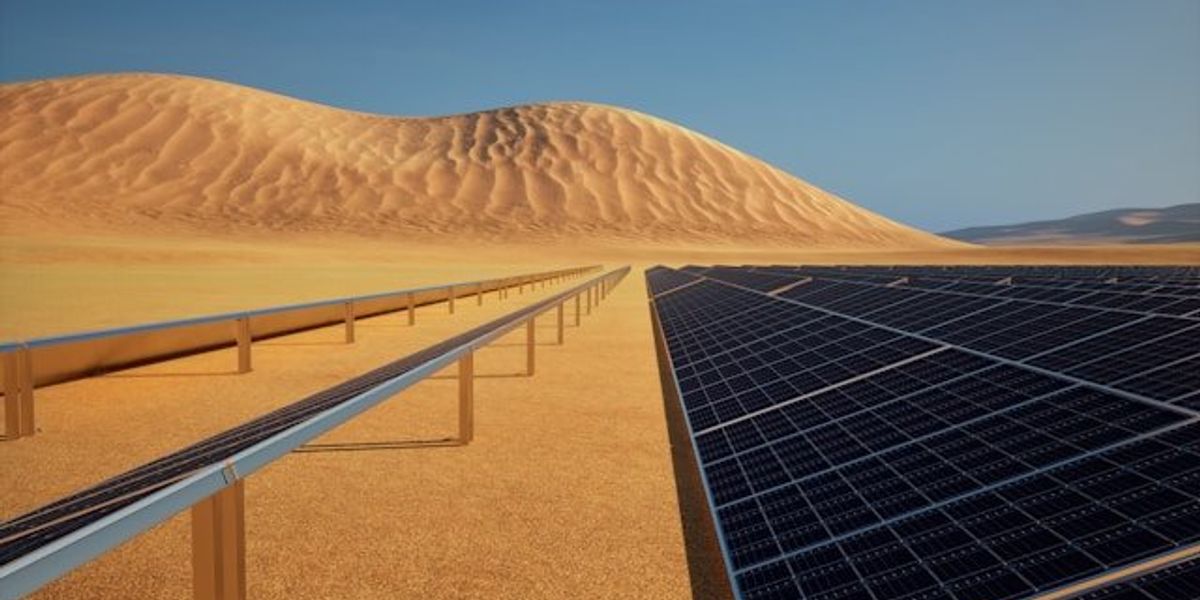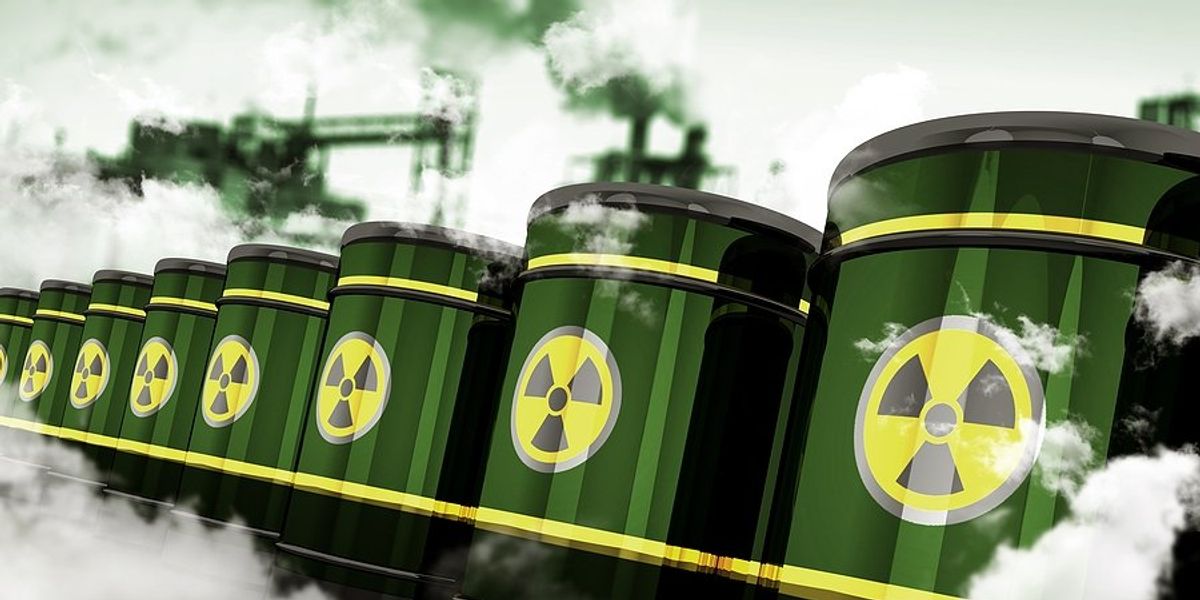
Trump announces plan to begin shutting down FEMA after hurricane season
President Trump announced plans to begin shutting down the Federal Emergency Management Agency (FEMA) after the 2025 hurricane season, raising concerns about how states will cope with mounting disaster costs.
Gabriela Aoun Angueira reports for The Associated Press.
In short:
- Trump said he aims to move FEMA’s responsibilities to the states and reduce federal disaster spending, though he offered few details on how the transition would work.
- Experts warned that without FEMA, states may struggle financially and logistically to manage the growing impact of climate-related disasters like hurricanes, wildfires, and floods.
- Trump has already paused hazard mitigation aid and gutted FEMA’s workforce, while a White House review panel is considering further reforms or dismantling of the agency.
Key quote:
“I was left with the impression that he doesn’t really understand the scale of what FEMA manages on a yearly basis with a budget of over $30 billion.”
— Michael Coen, FEMA chief of staff during the Obama and Biden administrations
Why this matters:
FEMA is the backbone of the nation’s disaster recovery system, moving billions in emergency aid each year to families, cities, and states facing hurricanes, wildfires, and other catastrophes. Dismantling it could leave vulnerable states — especially those with high disaster exposure and weak tax bases — without the resources to rebuild or prepare for the next emergency. Climate change is intensifying the frequency and cost of disasters, pushing the limits of local capacity. FEMA coordinates logistics, shelters, and emergency personnel across regions. Without that federal safety net, states could face slower, less equitable recoveries. Rural, low-income, and marginalized communities may be left behind if state budgets are overwhelmed or disaster declarations become less common. With local health systems already strained by budget cuts, the administration's move also poses a risk to public health.
Learn more: State and local emergency managers brace for less federal aid during disasters













